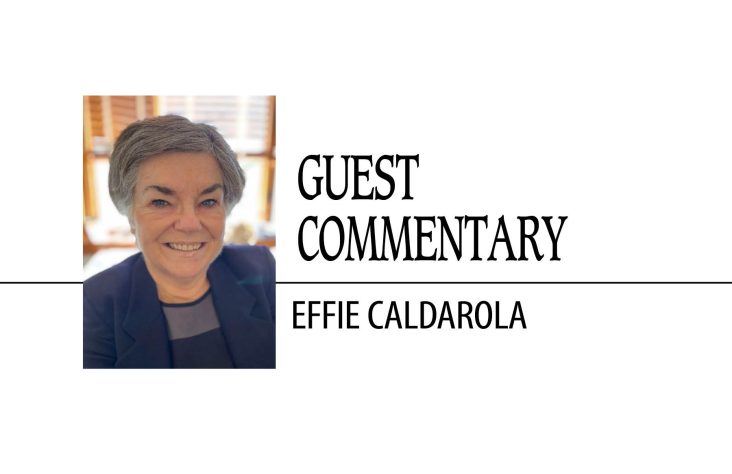December 9, 2015 // Uncategorized
Be joyful — Jesus will soon come again
3rd Sunday of Advent
Lk 3:10-18
This weekend the Church observes the third Sunday of Advent. The Book of Zephaniah furnishes the first reading. It is a short book, only three brief chapters. Little is known about this prophet, beyond what can be assumed from the writing itself. This much, however, is known. Zephaniah was the son of Chusi and traced his ancestry to Hezekiah, presumably King Hezekiah of Judah.
It appears that the book was written between 640 B.C. and 609 B.C., or during the reign of King Josiah of Judah. Josiah was a reformer, and his reforms were religious in intent and in impact. Such is not surprising. The kings saw themselves, if they viewed themselves properly, as representatives and agents of God. Aside from all else, their duty was to draw the people more closely to God.
Zephaniah, obviously, supported this effort.
This weekend’s reading is an exuberant and bold exclamation of joy. When the people are faithful to God, they bring peace and prosperity upon themselves. So, if they draw more closely to God, if they are more attentive to the Covenant, their good fortune will be assured. Their enemies will be turned away. They will be secure.
For the second reading on this weekend the Church presents a passage from the Epistle to the Philippians. Philippi was a city, in what today is Greece, founded centuries before Christ and named to honor King Philip, the father of Alexander the Great.
By the time of the first century A.D., it was an important center in the Roman Empire, and it was major military base.
It hardly is surprising that Philippi included a Christian community. Important cities always drew people from everywhere in the Roman Empire. Visitors and newcomers brought with them their ideas and values, such as Christianity.
As was the reading from Zephaniah, this reading is filled with excitement and joy. The coming of the Lord is predicted, and this victorious coming will be soon. Such was the assumption of many of the early Christians.
When Jesus would come again, all wrongs would be righted. Evil would be defeated. It would be a glorious event and utter change.
To prepare, Christians should conform themselves as much as possible and in every respect to the Lord. The epistle proclaims that this holy transformation has occurred. It delightedly declares that the Christians of Philippi are unselfish.
St. Luke’s Gospel is the source of the last reading. In this reading, John the Baptist appears, urging that the man with two coats to give one to the poor.
John also tells a tax collector to assess only the fixed amount. The Roman system of taxation was in effect legalized extortion. Tax collectors profited by adding to the assessed tax their own demands. The law required the taxpayers to meet these demands.
Locals collected taxes since Roman authorities were not able, or even inclined, to send citizens of Rome into the far reaches of the empire to collect taxes, so locals had to be induced to do the work.
Tax collectors were turncoats. Not surprisingly, the people regarded them as the lowest of the low.
It was a terrible time.
John foretells the coming of Jesus, insisting that when Jesus comes, righteousness will reign.
Reflection
This weekend is called Gaudete Sunday, because of the first word of the Entrance Song, “Gaudete — be joyful!”
Joy is in order not because the penitential season is ending, but because Jesus soon will come again.
How? While the Scriptures look forward to a sudden, dramatic return of Jesus in glory, these readings this weekend also remind us that Jesus will come into our hearts, our lives and our communities if we turn to God and follow the Gospel.
Living the Gospels effectively is the purpose of Advent.
The best news. Delivered to your inbox.
Subscribe to our mailing list today.





